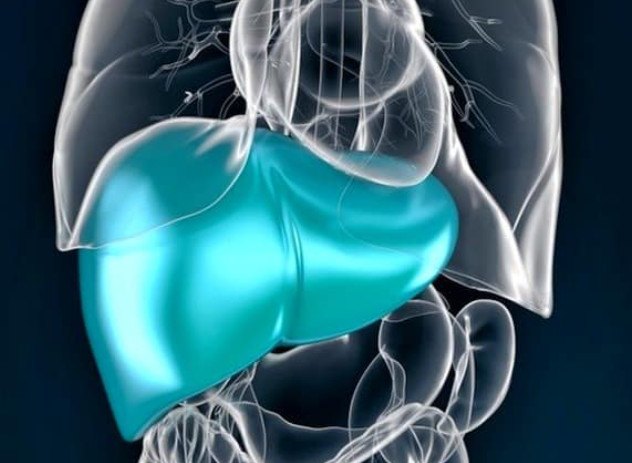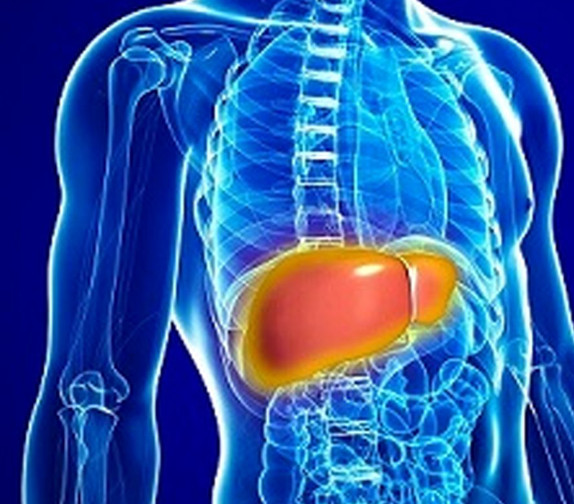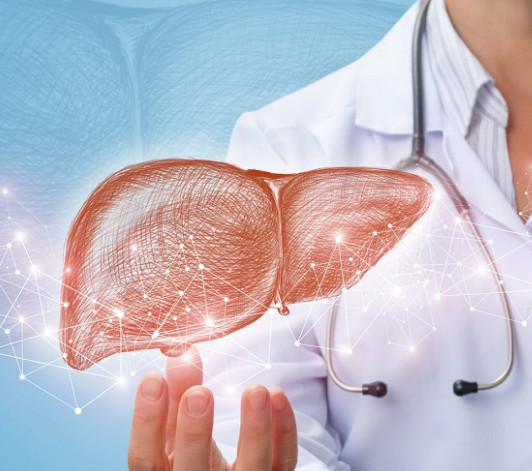This article examines the impact of anger and stress on the liver. Anger and stress are known to have a negative impact on human health, and recent studies have shown that they can also affect the liver. This article discusses the various ways in which anger and stress can impact liver health, including inflammation, oxidative stress, and changes in gene expression. It also explores potential interventions that may help mitigate these effects, including lifestyle changes and pharmacological interventions.
Stress, PTSD, Anxiety, Fatigue, Trauma [Fatty Liver, NAFLD, NASH] Flares, Inflammation Prevention :
Introduction:
Anger and stress are two common emotions that most people experience at some point in their lives. While they are natural and normal responses to certain situations, chronic or uncontrolled anger and stress can have a negative impact on human health. Recent studies have also shown that these emotions can impact the liver, a vital organ responsible for filtering toxins from the body. The purpose of this article is to explore the impact of anger and stress on liver health, and potential interventions to mitigate these effects.

Section 1: The Liver and its Functions
The liver is the largest glandular organ in the human body, located in the upper right quadrant of the abdomen. It weighs about 1.5 kg and is responsible for performing several vital functions, including detoxification, metabolism, and storage. The liver is composed of two main lobes, each consisting of several lobules. The lobules are the functional units of the liver and are made up of hepatocytes, which are responsible for carrying out the liver’s various functions.
Functions of the liver include:
1. Detoxification: The liver is responsible for filtering toxins and harmful substances from the blood. These toxins can be derived from drugs, alcohol, or environmental pollutants.
2. Metabolism: The liver is responsible for metabolizing carbohydrates, lipids, and proteins. It converts glucose into glycogen, which can be stored in the liver and released as needed. It also produces bile, which is necessary for the digestion of fats.
3. Storage: The liver stores several essential vitamins and minerals, including vitamins A, D, E, and K, iron, and copper.
4. Immune function: The liver plays a crucial role in the immune system. It produces several immune factors that help to protect the body against infections.
5. Blood clotting: The liver produces several clotting factors that are necessary for blood clotting.
Overall, the liver is a vital organ that performs several essential functions in the body. It is critical for maintaining overall health and well-being. In the following sections, we will explore how chronic anger and stress can impact liver health.

Section 2: Anger and Stress
Anger and stress are two common emotions that most people experience at some point in their lives. While they are natural and normal responses to certain situations, chronic or uncontrolled anger and stress can have a negative impact on human health. Studies have shown that these emotions can also impact the liver.
1. Definition of anger and stress:
Anger is an emotional state characterized by feelings of hostility, agitation, and frustration. Stress, on the other hand, is a physiological and psychological response to a perceived threat or challenge. It is a natural response to certain situations and can be beneficial in short bursts. However, chronic or uncontrolled anger and stress can lead to negative health consequences.
2. Causes and effects of chronic anger and stress on human health:
Chronic anger and stress can be caused by a variety of factors, including work-related stress, relationship problems, financial difficulties, and health issues. These emotions can have negative effects on human health, including increased risk of cardiovascular disease, depression, anxiety, and immune dysfunction. Recent studies have also shown that chronic anger and stress can impact liver health.
3. Epidemiological studies on the association between anger and stress and liver diseases:
Several epidemiological studies have found an association between chronic anger and stress and liver diseases, including non-alcoholic fatty liver disease (NAFLD), alcoholic liver disease (ALD), and viral hepatitis. Chronic anger and stress can cause inflammation and oxidative stress in the liver, which can lead to liver damage and disease. Additionally, chronic stress can alter gene expression in the liver, leading to changes in metabolic processes.

Section 3: Mechanisms by which Anger and Stress Impact Liver Health
Chronic anger and stress can impact liver health through several mechanisms, including inflammation, oxidative stress, altered gene expression, and changes in metabolic processes. In this section, we will explore each of these mechanisms in detail.
1. Inflammation:
Chronic anger and stress can cause low-grade inflammation throughout the body, including the liver. This inflammation can damage liver cells and lead to the development of liver diseases, such as NAFLD and ALD. Studies have shown that chronic stress can activate immune cells in the liver, leading to the release of pro-inflammatory cytokines and chemokines. These inflammatory mediators can damage liver cells and promote the development of liver diseases.
2. Oxidative stress:
Oxidative stress occurs when there is an imbalance between the production of reactive oxygen species (ROS) and the ability of the body to detoxify them. Chronic anger and stress can increase the production of ROS in the liver, leading to oxidative stress. This can damage liver cells and promote the development of liver diseases. Studies have shown that chronic stress can also decrease antioxidant levels in the liver, further exacerbating oxidative stress.
3. Altered gene expression:
Chronic anger and stress can alter gene expression in the liver, leading to changes in metabolic processes. Studies have shown that chronic stress can lead to changes in the expression of genes involved in lipid metabolism, glucose metabolism, and inflammation. These changes can contribute to the development of liver diseases, such as NAFLD and ALD.
4. Changes in metabolic processes:
Chronic anger and stress can also impact metabolic processes in the liver. Studies have shown that chronic stress can lead to insulin resistance and dysregulation of lipid metabolism in the liver. This can contribute to the development of NAFLD and other metabolic disorders.
Overall, chronic anger and stress can impact liver health through several mechanisms, including inflammation, oxidative stress, altered gene expression, and changes in metabolic processes. These findings highlight the importance of stress management and emotional regulation in maintaining liver health. In the following section, we will explore strategies for managing stress and anger to promote liver health.

Section 4: Strategies for Managing Anger and Stress to Promote Liver Health
Managing anger and stress is important for maintaining liver health. In this section, we will explore strategies for managing these emotions to promote liver health.
Mind-body techniques: Mind-body techniques, such as meditation, yoga, and tai chi, can be effective in reducing stress and anger. Studies have shown that these techniques can reduce cortisol levels and improve immune function, which can promote liver health. Mind-body techniques can also improve sleep quality, which is important for liver health.
Exercise: Exercise is a great way to reduce stress and anger. Studies have shown that exercise can reduce cortisol levels and improve immune function. Exercise can also improve metabolic processes in the liver, which can promote liver health. Regular exercise can also reduce the risk of obesity and metabolic disorders, which are risk factors for liver disease.
Cognitive-behavioral therapy (CBT): CBT is a type of therapy that helps individuals identify and change negative thought patterns and behaviors. CBT can be effective in reducing anger and stress, which can promote liver health. Studies have shown that CBT can improve liver function and reduce liver inflammation in patients with NAFLD.
Social support: Social support is important for managing anger and stress. Talking to friends or family members about stressors can help reduce negative emotions. Joining a support group or seeking professional counseling can also be effective in managing anger and stress.
Lifestyle changes: Making lifestyle changes, such as getting enough sleep, eating a healthy diet, and reducing alcohol consumption, can also promote liver health. Getting enough sleep can reduce cortisol levels and improve immune function. Eating a healthy diet can improve metabolic processes in the liver, while reducing alcohol consumption can prevent liver damage.


